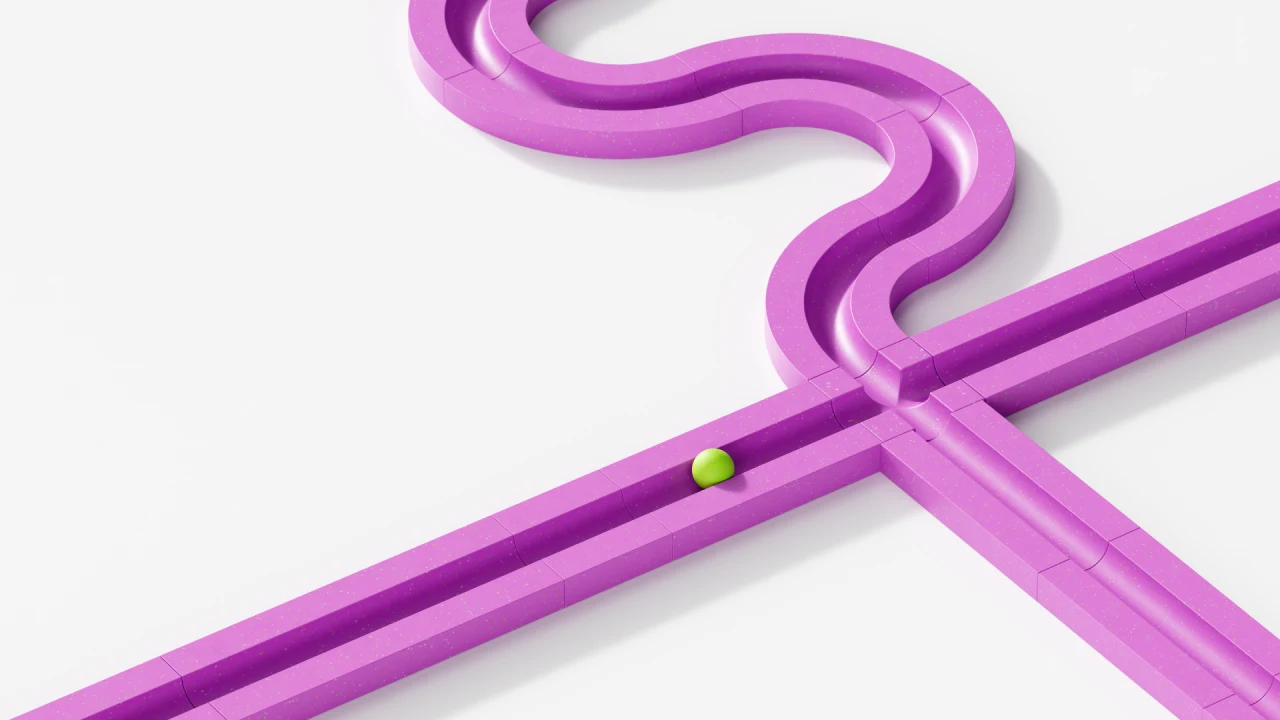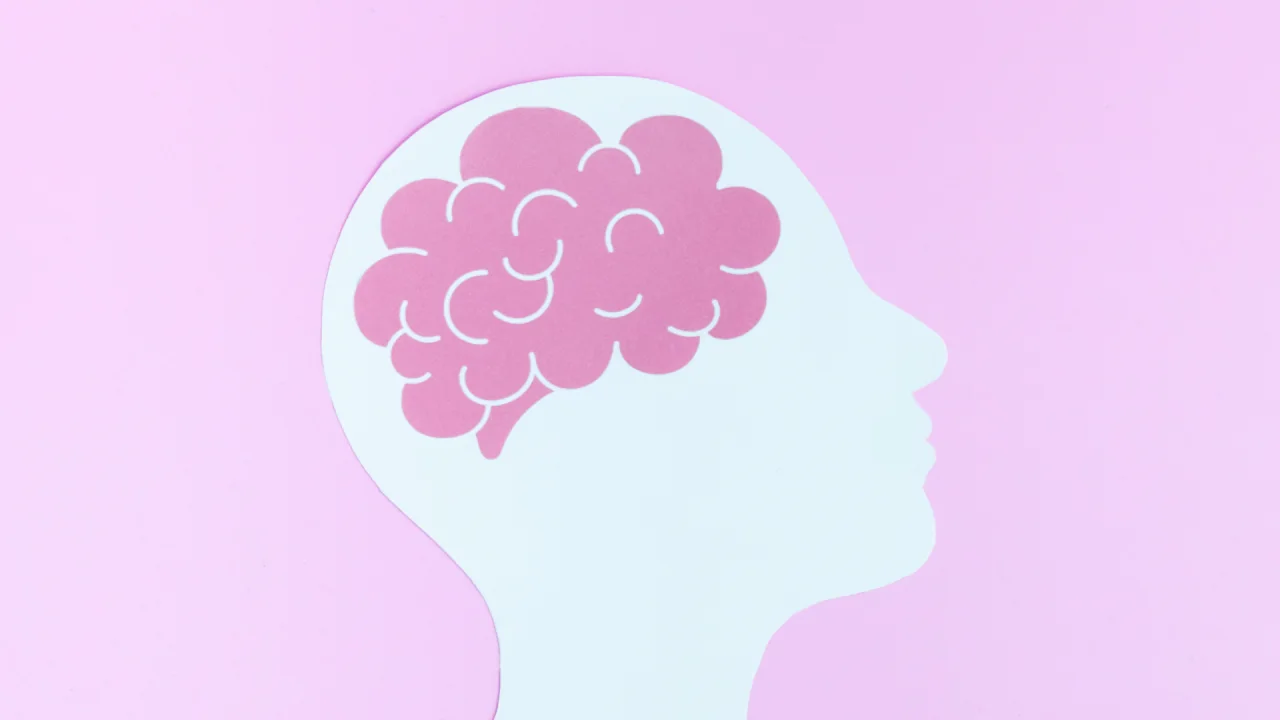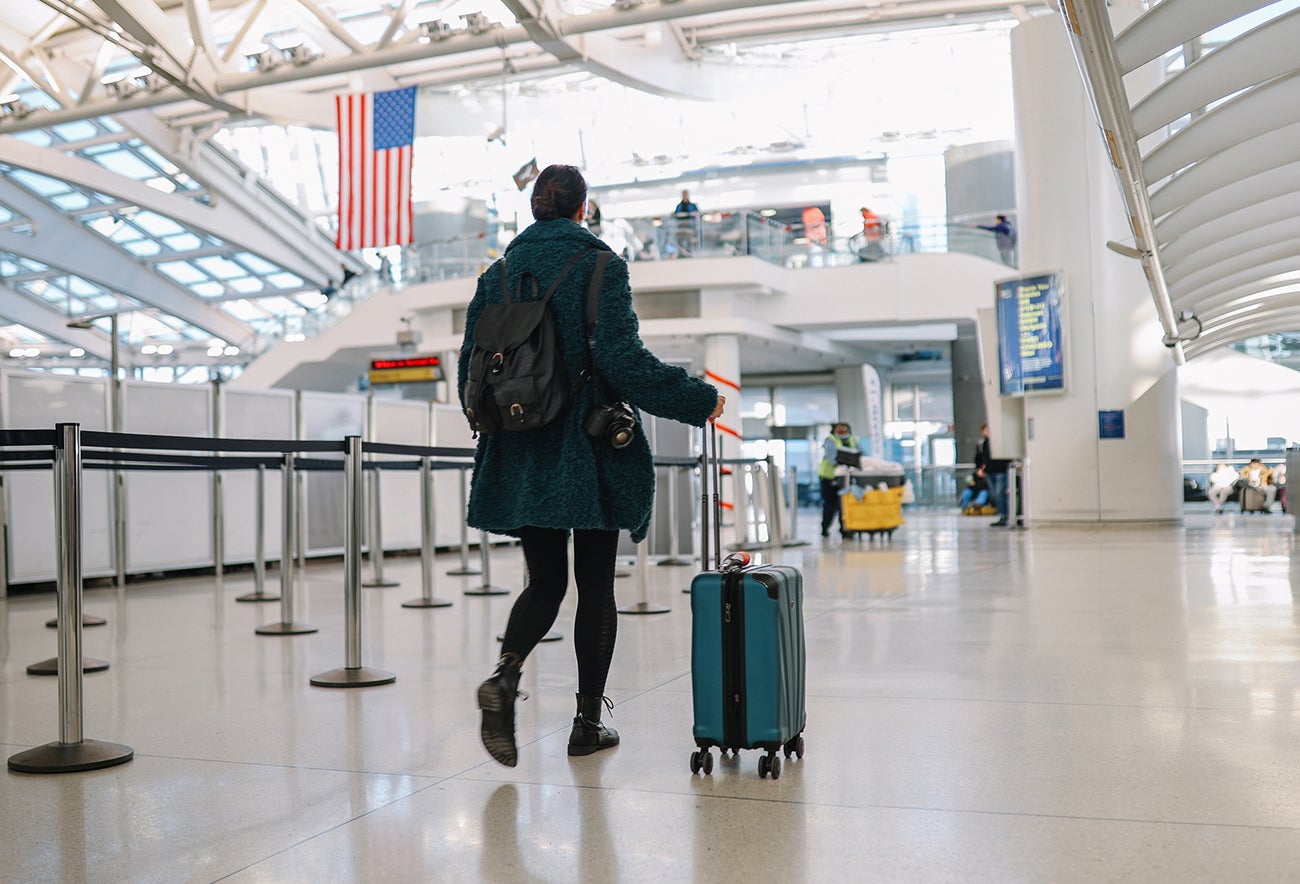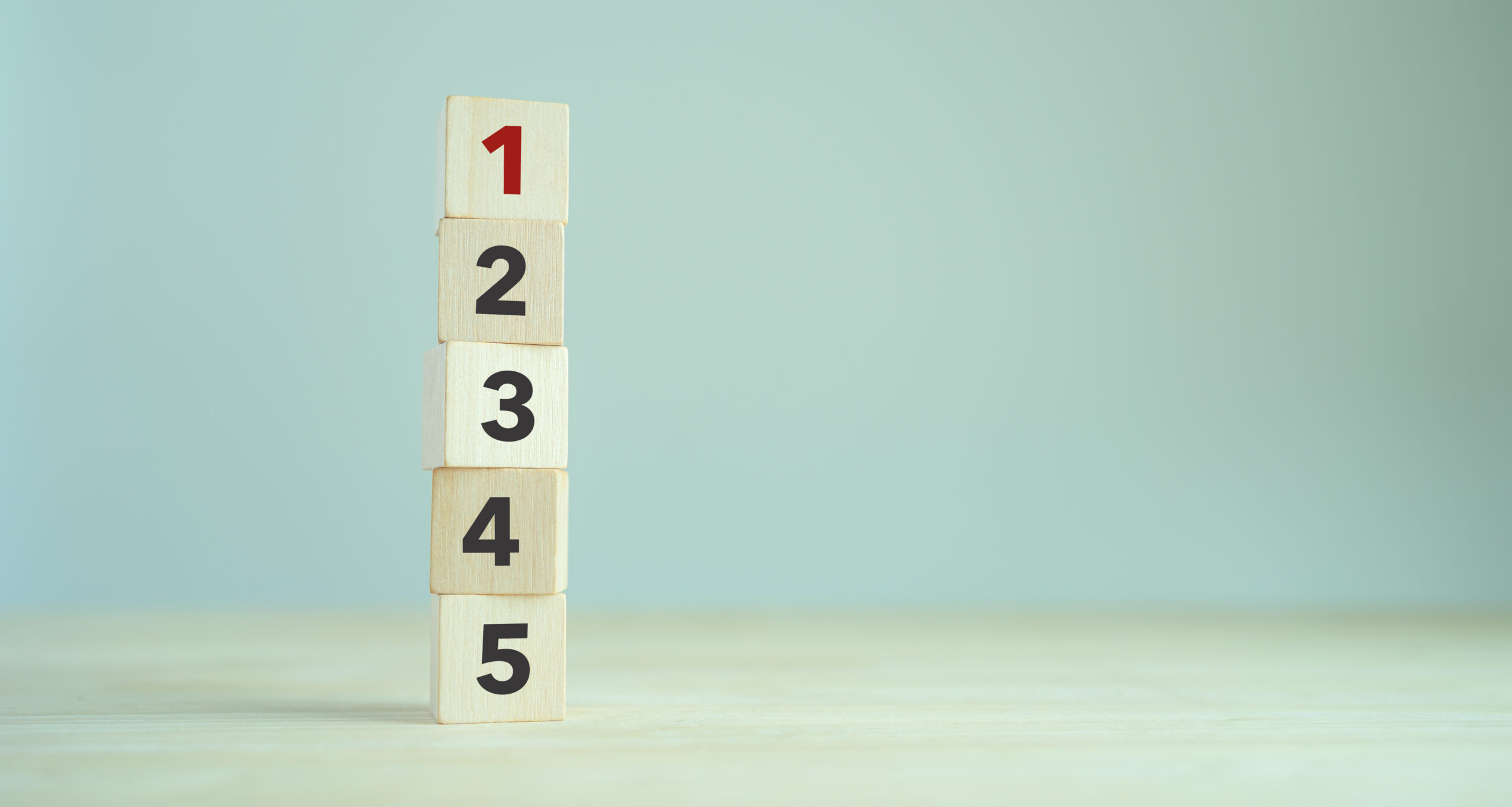Understanding Your Rights After a Slip and Fall Accident
If you've been injured in a fall, understanding your rights
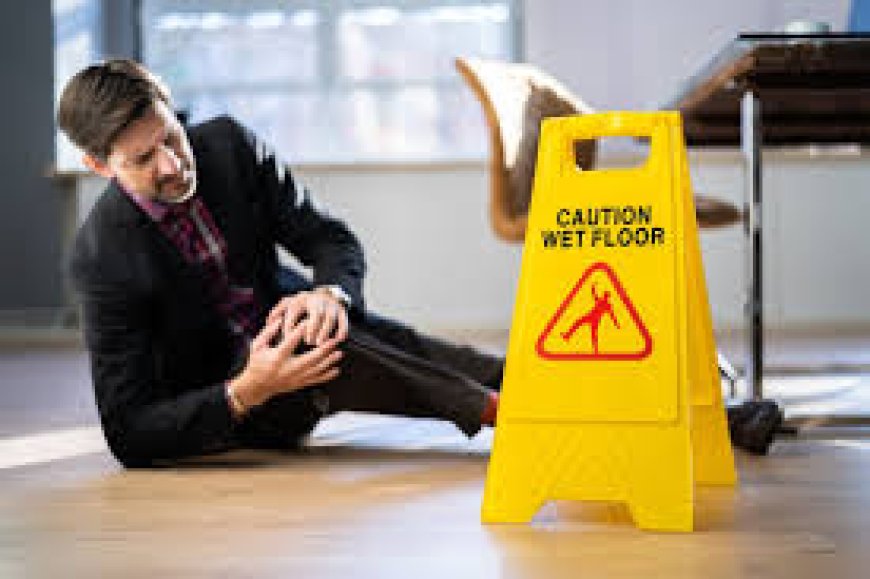
If you've been injured in a fall, understanding your rights can be the difference between fair compensation and financial stress. A slip and fall accident lawyer is your best ally in navigating these complicated legal waters. Hiring a slip and fall accident lawyer ensures that you don't get taken advantage of by insurers.
Common Causes of Slip and Fall Injuries
Slip and fall accidents can happen in countless places: grocery stores, sidewalks, office buildings, restaurants, and homes. The most common causes include wet floors, uneven pavement, poor lighting, and unsecured rugs. Property owners have a duty to maintain a safe environment. When they fail, injuries can quickly follow.
What Makes a Property Owner Liable?
Liability hinges on negligence. A property owner who knew or should have known about a hazard and failed to fix it may be held legally responsible. For instance, if a store employee ignores a spill for hours, and you fall, they may be found negligent. That’s where your legal rights begin.
Types of Injuries That Result From Falls
Slip and fall injuries can range from minor bruises to serious, life-altering conditions. Common injuries include broken bones, sprains, spinal cord injuries, and head trauma. Some victims experience chronic pain or long-term disabilities. These injuries often require costly medical treatment and time off work—adding financial pressure to physical pain.
Proving Negligence in a Slip and Fall Case
To succeed in a slip and fall claim, you must prove the property owner was negligent. This involves showing the existence of a dangerous condition, the owner’s knowledge of it, and their failure to act. Witness statements, surveillance footage, and incident reports are often key pieces of evidence in these cases.
Why Immediate Medical Attention Matters
After a fall, seeking medical attention is not just about your health—it’s about documenting your injury. Medical records serve as proof that the accident caused your injuries. Even if you feel fine initially, injuries can develop later. Always visit a healthcare provider and keep a copy of all medical reports.
Dealing With Insurance Companies
Insurance companies are skilled at minimizing payouts. They may try to blame you for the accident or offer lowball settlements. Avoid speaking with insurance adjusters without legal representation. A skilled attorney can negotiate on your behalf and ensure that you receive a settlement that reflects the true cost of your injury.
The Role of Witnesses and Evidence
Witnesses can play a critical role in supporting your case. If anyone saw your fall, their statement could strengthen your claim. Additionally, take photos of the scene, your injuries, and any hazards present. Evidence collected early on makes it harder for the property owner or their insurer to deny fault.
Understanding Comparative Negligence
In some cases, both the property owner and the injured party share blame. This is known as comparative negligence. For example, if you were texting while walking on a wet floor, you might be deemed partially at fault. In such situations, your compensation could be reduced based on your share of liability.
How Long Do You Have to File a Claim?
Every state has a statute of limitations for filing personal injury claims, typically ranging from one to four years. Waiting too long could mean losing your right to compensation altogether. Speak with a lawyer as soon as possible to ensure your case is filed within the appropriate legal window.
Compensation You May Be Entitled To
Victims of slip and fall accidents can seek compensation for a wide range of damages. These may include medical expenses, lost wages, pain and suffering, and even future medical treatment. If the fall results in permanent disability, you may also be entitled to compensation for long-term care and lost earning capacity.
What to Expect in a Legal Consultation
During your first meeting with a lawyer, you’ll discuss the details of your accident, review any evidence you’ve gathered, and go over potential legal strategies. The lawyer will assess whether you have a viable case and explain what your next steps should be. Most consultations are free and require no obligation.
Contingency Fees: You Only Pay If You Win
Many personal injury attorneys work on a contingency fee basis. This means you don’t pay legal fees unless your lawyer wins your case. If successful, the attorney takes a percentage of your settlement as payment. This system ensures that legal representation is accessible to anyone, regardless of their financial situation.
Why Legal Experience Matters
Slip and fall cases can be complex. An experienced attorney understands how to gather evidence, negotiate with insurers, and present a compelling case in court if necessary. Their knowledge of local laws and precedent can greatly increase your chances of success. Never underestimate the value of a qualified legal advocate.
Steps to Take Immediately After a Fall
If you’ve suffered a fall, take the following steps to protect yourself: report the incident to the property owner or manager, take photos, collect witness contact info, and seek medical care. Keep copies of all reports and receipts. These simple actions can significantly improve the strength of your future legal claim.
How Settlements Are Calculated
Settlement amounts depend on a variety of factors, including the severity of your injury, medical expenses, lost income, and how the accident has affected your life. Emotional trauma and pain are also considered. A knowledgeable attorney will work to ensure that every aspect of your suffering is factored into your settlement.
When to Take a Case to Court
Most slip and fall cases are settled out of court. However, if the insurance company refuses to offer a fair settlement, taking the case to trial may be the best option. A court verdict can often lead to higher compensation, though it also comes with more risk and a longer timeline.
How Courts View Slip and Fall Claims
Judges and juries evaluate slip and fall cases by looking at the credibility of your story, the strength of your evidence, and the severity of your injuries. They also consider whether the property owner took reasonable steps to prevent accidents. A well-prepared case is essential to winning in court.
Preventing Future Falls for Yourself and Others
While your case proceeds, take time to focus on your recovery and safety. Follow your doctor’s advice, attend all therapy sessions, and install safety measures at home if needed. Reporting unsafe properties can also help prevent others from experiencing similar accidents. Your voice can lead to meaningful change in your community.
Emotional Impact of a Slip and Fall
Beyond physical injury, many victims suffer from anxiety, depression, and post-traumatic stress. You may find yourself fearful of walking in public spaces or re-entering the location of your accident. Emotional suffering is a legitimate part of your injury claim, and a compassionate lawyer will help you get the support you need.
Conclusion
Recovering from a slip and fall injury can feel overwhelming, especially when you're dealing with medical bills and lost wages. You don’t have to go through it alone. Dewitt Law is here to support you through every step—ensuring you get the compensation you deserve and the justice you need to heal.

